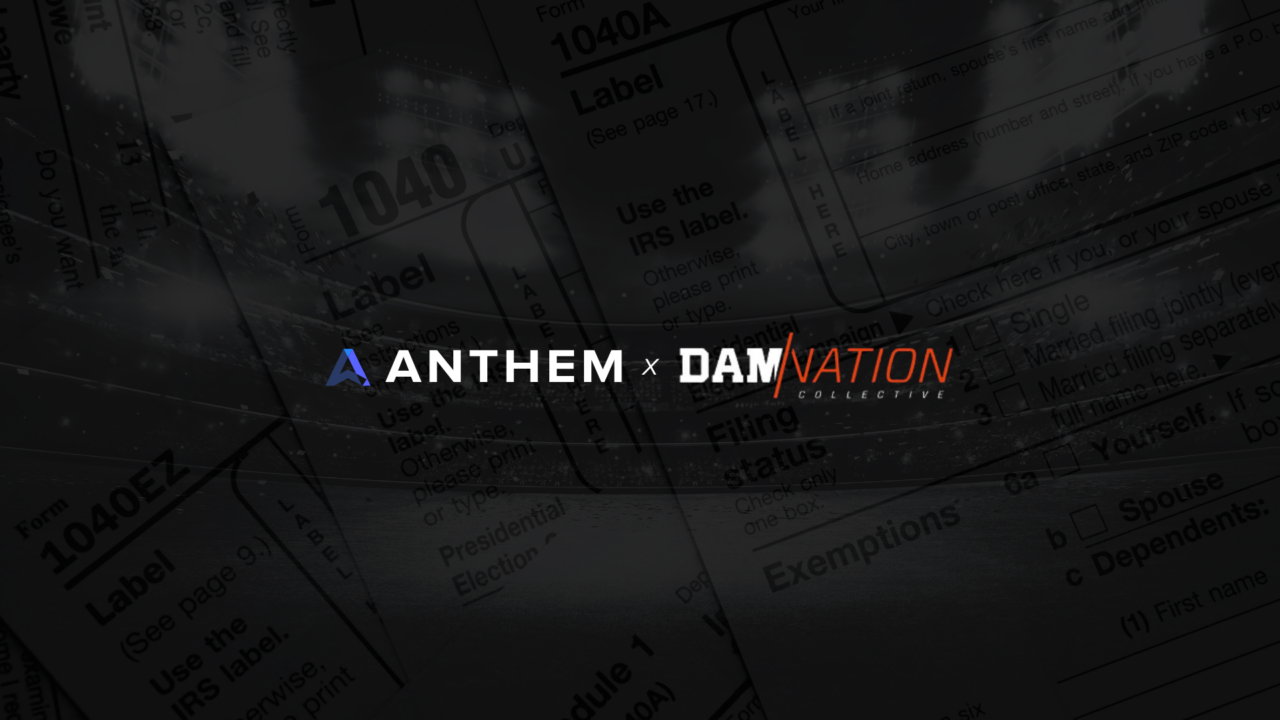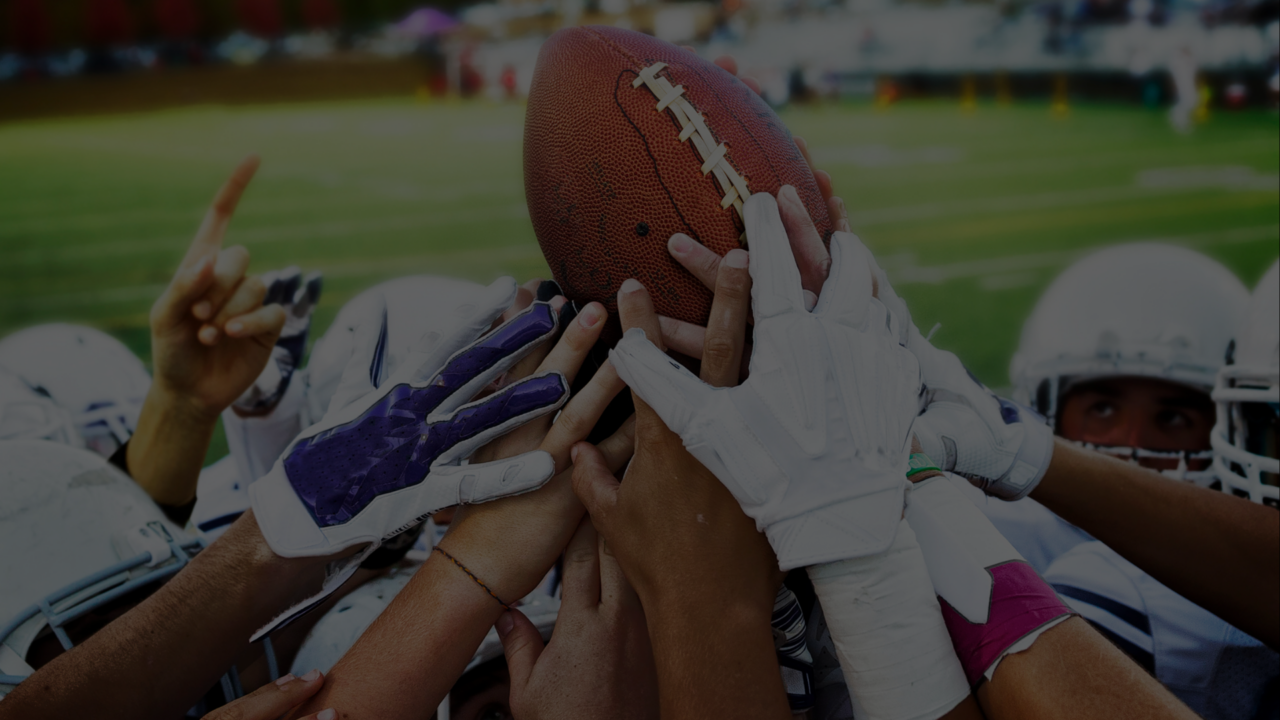The Supreme Court’s decision allowing college athletes to earn income from their Name, Image, and Likeness (NIL) has opened up valuable opportunities for student-athletes. However, alongside these opportunities comes the responsibility of understanding tax obligations tied to NIL income.
Here’s what you need to know:
1. NIL Income is Taxable
Whether you’re paid in cash, free products, or services, all forms of NIL compensation are subject to federal income tax. Properly tracking your income is critical for accurate tax reporting.
2. Self-Employment Tax May Apply
Most student-athletes earning NIL income are considered independent contractors. If your NIL net earnings exceed $400 in a year, you’ll likely owe self-employment tax (15.3%) on top of income tax. This covers Social Security and Medicare contributions.
3. Keep Records and Deduct Expenses
Student-athletes can deduct legitimate business expenses, such as:
- Travel expenses for promotional appearances
- Equipment or supplies used exclusively for NIL-related activities
- Marketing costs (e.g., managing social media accounts or personal branding)
Good recordkeeping is essential to maximize deductions and avoid IRS scrutiny.
4. Quarterly Estimated Taxes
Since NIL income isn’t subject to withholding, athletes may need to pay quarterly estimated taxes to avoid penalties. Deadlines for these payments are typically in April, June, September, and January.
5. State Tax Considerations
Depending on where NIL income is earned, state income tax may also apply. If you earn income in multiple states, you may need to file tax returns in each applicable state.
Final Thoughts
Earning NIL income is exciting, but it comes with serious tax responsibilities. To avoid mistakes, consult with a tax professional experienced in self-employment and NIL earnings. Staying compliant with tax laws will ensure you can fully focus on your athletic and academic goals without unnecessary stress.
For more information, visit the IRS Self-Employed Tax Guide.




